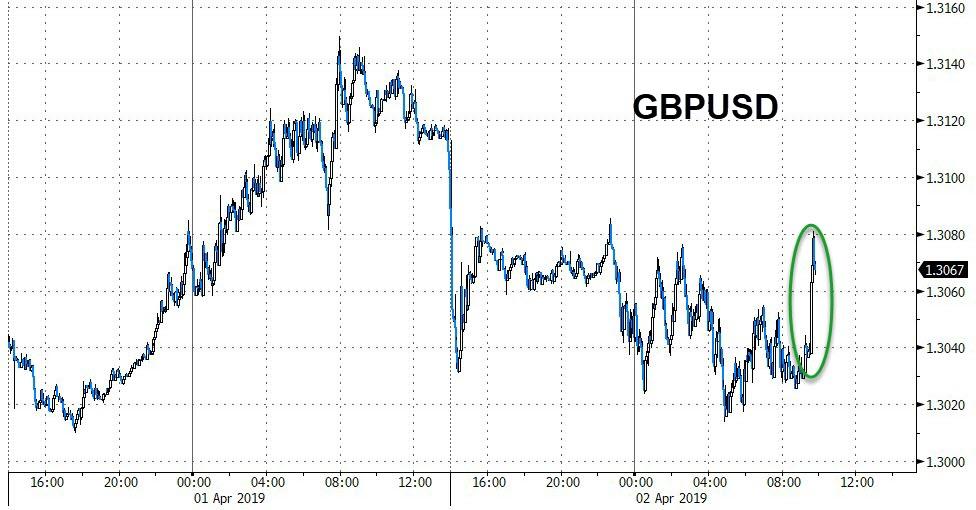Authored by Patrick Buchanan, op-ed via Tonwhall.com,
When Donald Trump meets with NATO Secretary General Jens Stoltenberg today, the president should give him a direct message:
The roster of NATO membership is closed. For good. The United States will not hand out any more war guarantees to fight Russia to secure borders deep in Eastern Europe, when our own southern border is bleeding profusely.
And no one needs to hear this message more than Stoltenberg.
In Tblisi, Georgia, on March 25, Stoltenberg declared to the world:
“The 29 allies have clearly stated that Georgia will become a member of NATO.”
As for Moscow’s objection to Georgia joining NATO, Stoltenberg gave Vladimir Putin the wet mitten across the face:
“We are not accepting that Russia, or any other power, can decide what (NATO) members can do.”
Yet what would it mean for Georgia to be brought into NATO?
The U.S. would immediately be ensnared in a conflict with Russia that calls to mind the 1938 and 1939 clashes over the Sudetenland and Danzig that led straight to World War II.
In 2008, thinking it had U.S. backing, Georgia rashly ordered its army into South Ossetia, a tiny province that had broken away years before.
In that Georgian invasion, Russian peacekeepers were killed and Putin responded by sending the Russian army into South Ossetia to throw the Georgians out. Then he invaded Georgia itself.
“We are all Georgians now!” roared uber-interventionist John McCain. But George W. Bush, by now a wiser man, did nothing.
Had Georgia been a NATO nation in 2008, the U.S. could have been on the brink of war with Russia over the disputed and minuscule enclave of South Ossetia, which few Americans had ever heard of.
Why would we bring Georgia into NATO now, when Tblisi still claims the breakaway provinces of South Ossetia and Abkhazia, both of which Moscow controls and defends?
Are we not in enough quarrels already that could lead to new wars — with Iran in the Gulf, China in the South China Sea, North Korea, Russia in the Baltic and Black Sea, Venezuela in our own hemisphere — in addition to Iraq, Syria, Yemen, Afghanistan and Somalia where we are already fighting?
Among neocon and GOP interventionists, there has also long been a vocal constituency for bringing Ukraine into NATO.
Indeed, changes in the GOP platform in Cleveland on U.S. policy toward Ukraine, it was said, were evidence of Trumpian collusion with the Kremlin.
But bringing Ukraine into NATO would be an even greater manifestation of madness than bringing in Georgia.
Russia has annexed Crimea. She has supported pro-Russian rebels in the Donbass who seceded when the elected president they backed was ousted in the Kiev coup five years ago.
Kiev’s recent attempt to enter the Sea of Azov by sailing without formal notification under the Putin-built Kerch Strait Bridge between Russia and Crimea, proved a debacle. Ukrainian sailors are still being held.
No matter how supportive we are of Ukraine, we cannot commit this country to go to war with Russia over its territorial integrity. No Cold War president from Truman to George H. W. Bush would have dreamed of doing such a thing. Bush I thought Ukraine should remain tied to Russia and the Ukrainian independence movement was born of “suicidal nationalism.”
Trump has rightly demanded that Europeans start paying their fair share of the cost of NATO. But a graver question than the money involved are the risks involved.
You will find more infographics at Statista
Since the end of the Cold War, NATO has added 13 nations: the Czech Republic, Slovakia, Poland, Hungary, the Baltic states of Estonia, Lithuania and Latvia, and six Balkan countries — Bulgaria, Rumania, Slovenia, Croatia, Albania and Montenegro.
Also attending the NATO gathering in Tblisi a week ago were Sweden, Finland and Azerbaijan. Are these three also candidates for U.S. war guarantees?
The larger NATO becomes, the further east it moves, the greater the probability of a military clash that could lead to World War III.
Yet none of the nations admitted to NATO in two decades was ever regarded as worth a war with Russia by any Cold War U.S. president.
When did insuring the sovereignty and borders of these nations suddenly become vital interests of the United States?
And if they are not vital interests, why are we committed to go to war with a nuclear-armed Russia over them, when avoidance of such a war was the highest priority of our eight Cold War presidents?
Putin’s Russia, once hopeful about a new relationship under Trump, appears to be giving up on the Americans and shifting toward China.
Last week, 100 Russian troops arrived in Caracas. Whereupon, The Wall Street Journal lost it: Get them out of our “backyard.” The Monroe Doctrine demands it.
Yet, who has been moving into Russia’s front yard for 20 years?
As the Scotsman wrote, the greatest gift the gods can give us is to see ourselves as others see us.
via ZeroHedge News https://ift.tt/2ODsP4a Tyler Durden
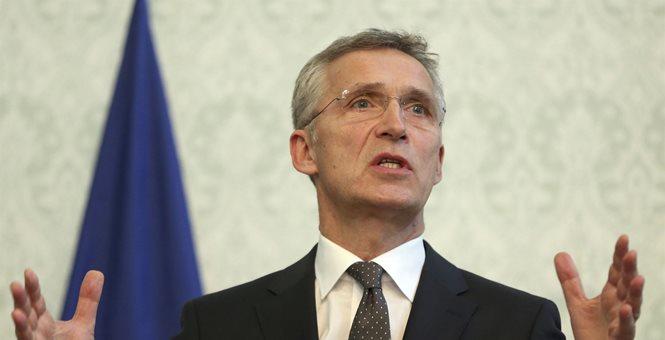

 Democratic presidential hopeful Sen. Elizabeth Warren (D–Mass.) was on the hustings in Iowa last week seeking caucus votes among the state’s farmers. According to the The Washington Post, Warren
Democratic presidential hopeful Sen. Elizabeth Warren (D–Mass.) was on the hustings in Iowa last week seeking caucus votes among the state’s farmers. According to the The Washington Post, Warren 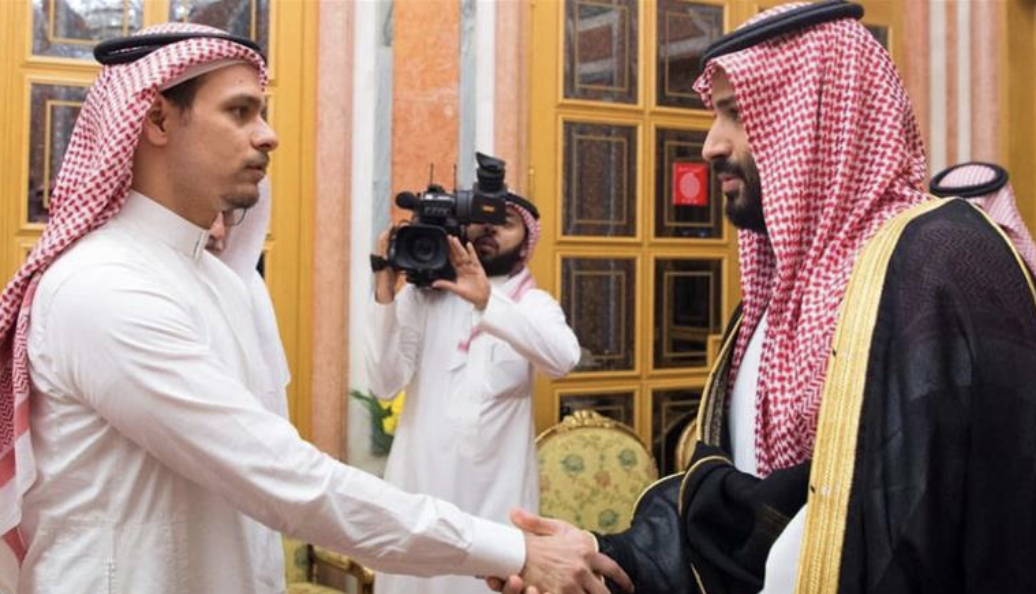
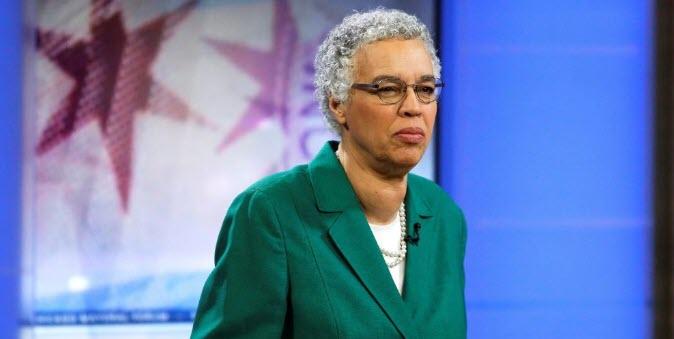
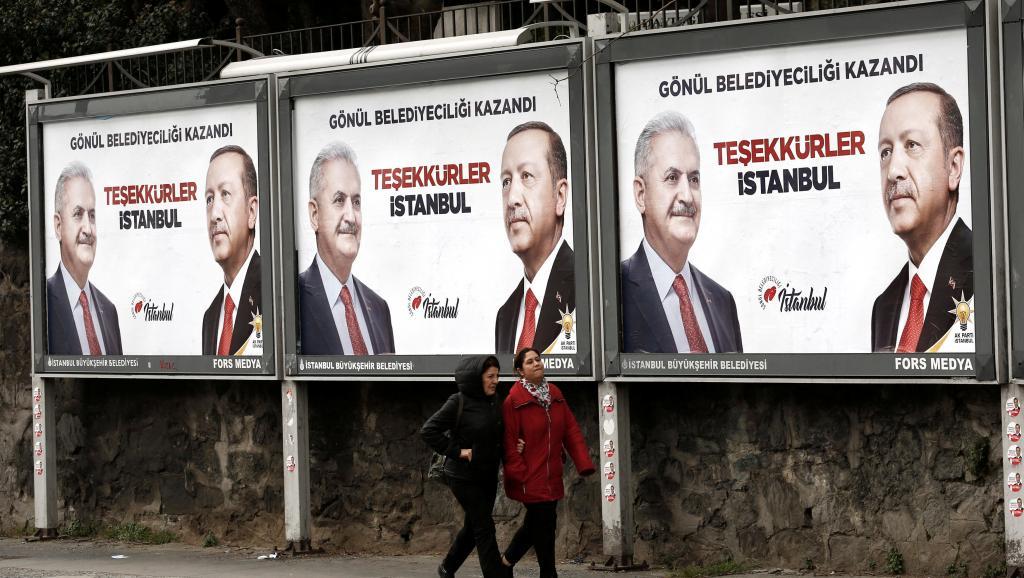
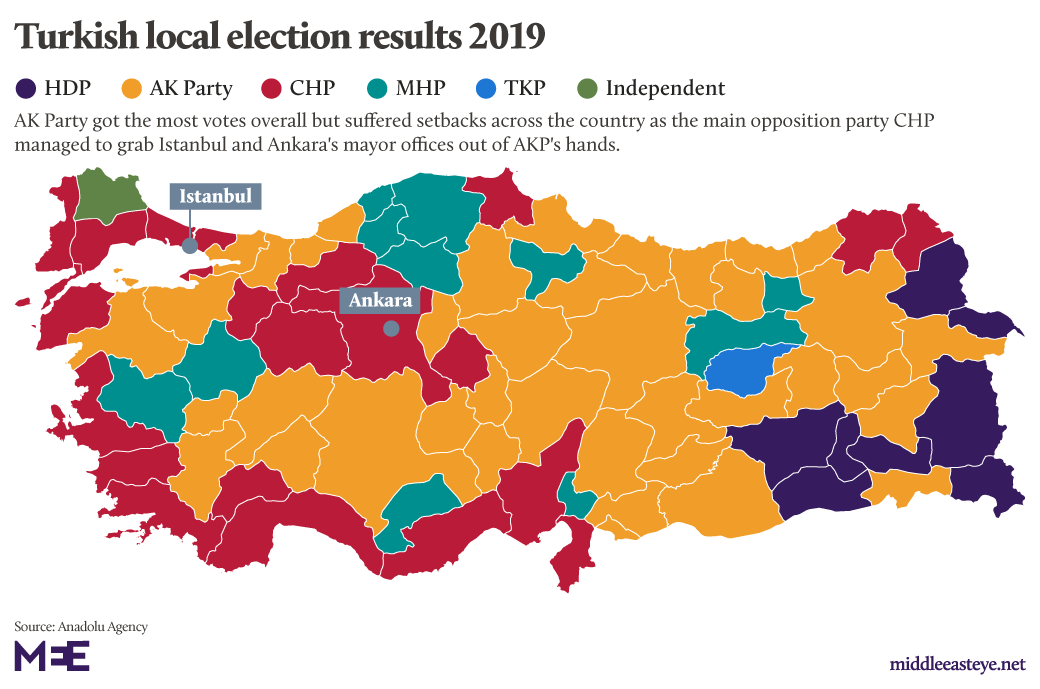

 The first quarter for presidential campaign fundraising ended March 31, and though the reporting deadline is April 15,
The first quarter for presidential campaign fundraising ended March 31, and though the reporting deadline is April 15,  Johnson and running mate Bill Weld in 2016 raised over $11 million—the Federal Elections Commission says
Johnson and running mate Bill Weld in 2016 raised over $11 million—the Federal Elections Commission says 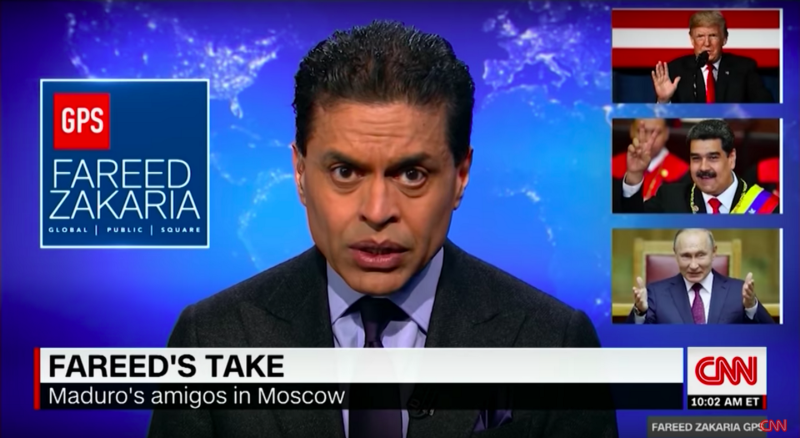
 On Monday, the Supreme Court showed its reluctance to wade into bail reform efforts by
On Monday, the Supreme Court showed its reluctance to wade into bail reform efforts by 